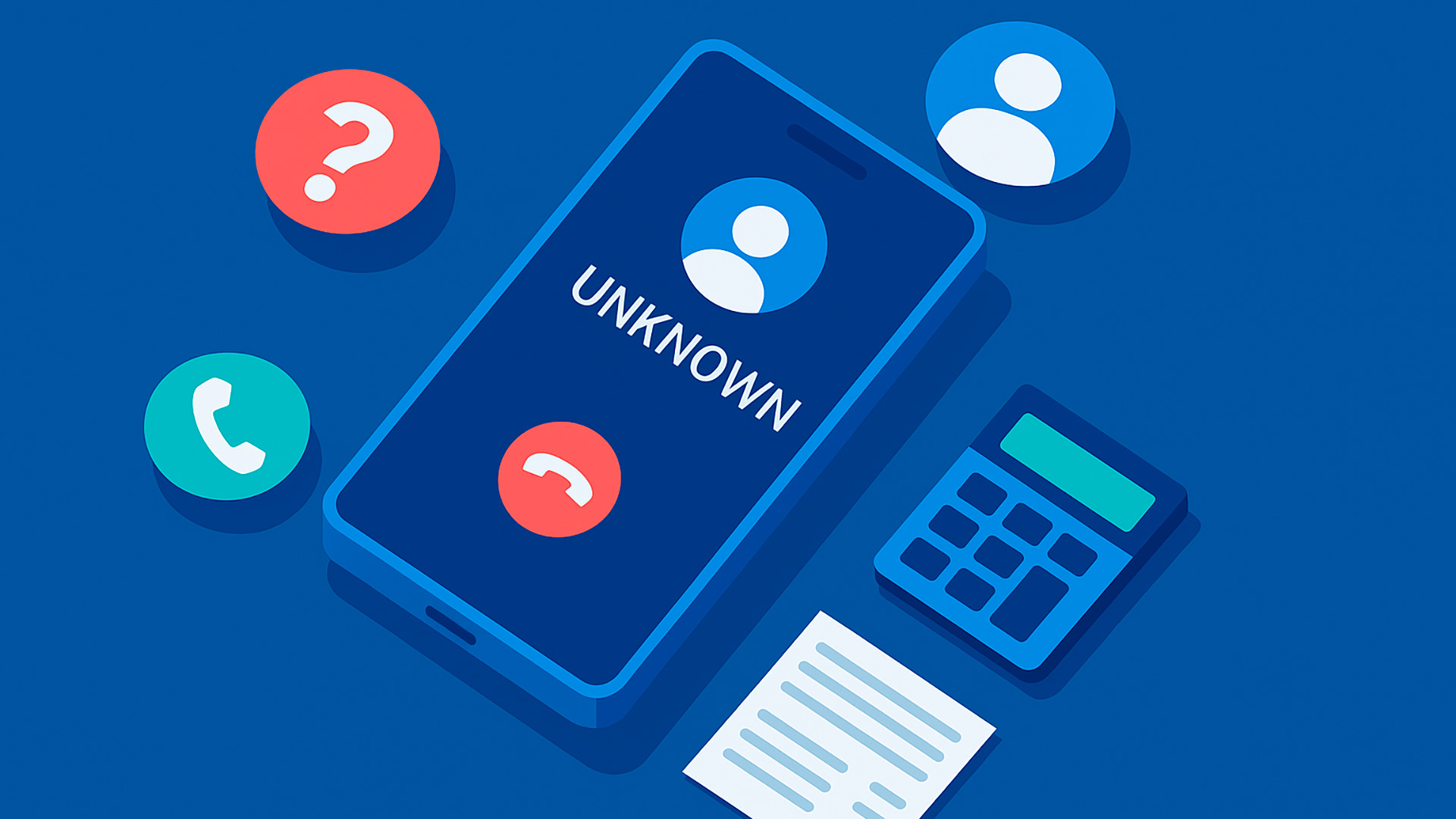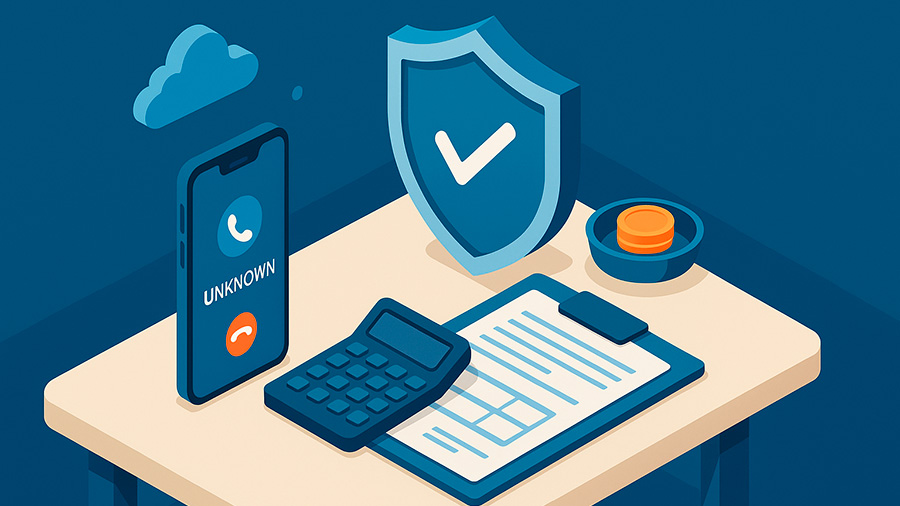Facing Unknown Numbers: How to Stay Calm and Informed About Debt Collection Calls

In today’s connected world, receiving a call from an unfamiliar number is a common experience. Sometimes it’s a harmless reminder from a service provider, but in other cases, it may be a call from a creditor or a debt collection agency. Many borrowers have searched for 833-976-0552 Call Explanation to understand why they are being contacted, what the call means, and how to respond. While the idea of a debt collection call can feel intimidating, it is important to remember that these calls are part of a structured process. With the right knowledge, you can stay calm, assert your rights, and even turn these calls into opportunities to resolve financial issues on fair terms.
Why Do Creditors Make These Calls?
Lenders extend credit expecting repayment. When payments fall behind, lenders try multiple approaches to recover the money owed. Phone calls are one of the first and most direct strategies. A number associated with 833-976-0552 Call Explanation is often part of these outreach attempts. Such calls are not random; they follow a process of reminders, escalations, and, if necessary, legal action. Recognizing this helps borrowers see the bigger picture and respond strategically instead of emotionally.
The Debt Collection Process in Stages
Debt recovery typically follows a timeline. Each stage has its own tone and level of urgency:
| Stage | Time After Missed Payment | Action Taken |
|---|---|---|
| Early Reminders | 30–60 days | Polite notices and friendly calls from the creditor |
| Internal Collections | 60–120 days | Stronger calls and letters from the creditor’s in-house team |
| Third-Party Agency | 120+ days | Debt is sold or outsourced to collection agencies |
| Legal Escalation | 6–12 months | Possible lawsuits or wage garnishment efforts |
Calls connected to 833-976-0552 Call Explanation usually fit somewhere within these stages, depending on how long the account has been overdue.

What Happens During the Call
Debt collection calls often follow a familiar script. The caller will typically:
- Identify themselves and the agency or creditor they represent.
- State the amount owed and request immediate or scheduled payment.
- Explain possible next steps if repayment is not arranged.
- Answer questions about repayment options, disputes, or documentation.
Borrowers sometimes panic at this stage, but it’s important to remember that you have rights. You are not required to pay on the spot, and you can always request written validation of the debt.
Your Rights Under the FDCPA
The Fair Debt Collection Practices Act (FDCPA) protects consumers from unfair or abusive practices. Collectors cannot harass you, use threatening language, or call at unreasonable times. They must identify themselves clearly and provide accurate information. If you feel overwhelmed, you can even request that calls stop and that communication be made in writing only. This shifts the balance of power and ensures you have time to consider your options.
Common Myths About Collection Calls
Misunderstandings can make debt calls scarier than they need to be. Here are a few myths worth correcting:
- “Ignoring the call makes it go away.” In reality, ignoring calls often escalates the issue.
- “Collectors can instantly take my money.” They cannot seize funds without legal judgment.
- “If I answer, I admit guilt.” Simply talking does not mean you accept liability.
- “All calls are scams.” While scams exist, many calls are legitimate attempts to resolve real debts.
Steps to Take When You Receive a Call
If you receive a call linked to 833-976-0552 Call Explanation or a similar number, here’s how to handle it:
- Verify the caller: Ask for their full name, company, and contact details.
- Request validation: Insist on written proof of the debt before making payments.
- Take notes: Record the time, date, and content of the call for your records.
- Stay calm: Keep the conversation professional and do not share unnecessary personal details.
- Explore repayment options: If the debt is valid, discuss realistic repayment plans.
Negotiating With Collectors
Collectors often have room to negotiate. You may be able to arrange a settlement for less than the total amount, spread payments out over time, or reduce interest. The key is to be honest about your financial situation and to never agree to terms you cannot realistically meet. Always get any agreement in writing before sending payments.
Tips for Effective Negotiation
- Start with a lower offer to leave room for compromise.
- Be respectful but firm in discussing your limits.
- Request that the account be marked “paid in full” after settlement.
- Ask for removal of negative marks from your credit report if possible.
- Keep copies of all agreements and payments.
Comparing Options for Borrowers
Borrowers facing debt calls often have multiple paths forward. Here’s a comparison of common options:
| Option | Requirements | Pros | Cons |
|---|---|---|---|
| Negotiate repayment with collector | Open communication, income | May reduce total owed, stops calls | Requires immediate negotiation skills |
| Debt management plan | Through nonprofit credit counseling | Consolidates payments, lowers interest | Commitment of 3–5 years |
| Debt settlement | Lump sum payment | Drastically reduces balance | Hurts credit score in short term |
| Bankruptcy | Legal filing | Wipes out many debts | Severe impact on credit for years |
Long-Term Solutions to Prevent Future Calls
While addressing current debts is important, the ultimate goal is preventing future collection calls. Building financial stability involves:
- Creating a budget and sticking to it.
- Paying bills on time to avoid delinquencies.
- Using credit responsibly by keeping balances low.
- Monitoring credit reports regularly for errors.
- Seeking financial counseling for ongoing support.
Emotional Health and Debt Calls
Constant calls can take a toll on mental well-being. Stress, shame, and anxiety often grow with each unanswered ring. Taking action—whether disputing, negotiating, or paying—provides emotional relief. Knowledge turns uncertainty into clarity, and clarity leads to confidence. Even a call tied to 833-976-0552 Call Explanation can become the starting point for regaining control over your financial life.
Debt collection calls are part of the financial system, but they do not have to dominate your life. Understanding the process, knowing your rights, and preparing for conversations gives you the power to respond wisely. The next time your phone lights up with an unfamiliar number, remember: you have choices. Whether you negotiate, dispute, or seek professional help, each call can bring you closer to financial recovery rather than further away from it.
